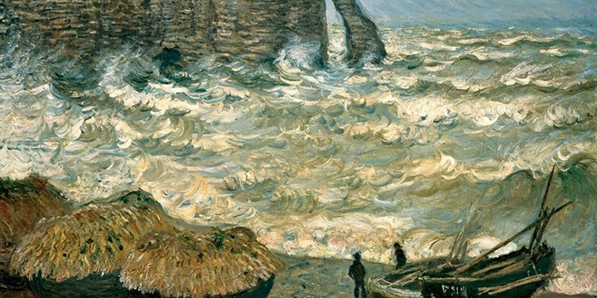
March 21, 2020
Because Jesus is always listening to God and experiencing God’s presence, God is continually teaching him. (Sunday)
Prophets must first be true disciples of their faith. In fact, it is their deep love for their tradition that allows them to profoundly criticize it at the same time. (Monday)
It is by focusing their attention on, and becoming fully aware of, the political, social, economic, military, and religious tendencies of their time that prophets are able to see where it is all heading. —Albert Nolan (Tuesday)
For me, the word mysticism simply means experiential knowledge of spiritual things, as opposed to book knowledge, secondhand knowledge, or even church knowledge. (Wednesday)
Globally, we’re in this together. Depth is being forced on us by great suffering, which as I like to say, always leads to great love. (Thursday)
We’re all subject to this crisis. Suffering has an ability to pull you into oneness. (Friday)
Practice: Lamentation for a Time of Crisis
Intelligently responding to the Coronavirus demands that we access resources of physical, emotional and spiritual resilience. One practice Christianity has developed to nurture resilience is lamentation. Prayers of lamentation arise in us when we sit and speak out to God and one another—stunned, sad, and silenced by the tragedy and absurdity of human events. . . Without this we do not suffer the necessary pain of this world, the necessary sadness of being human.
Walter Brueggemann, my favorite Scripture teacher, points out that even though about one third of the Psalms are psalms of “lament,” these have been the least used by Catholic and Protestant liturgies. We think they make us appear weak, helpless, and vulnerable, or show a lack of faith. So we quickly resort to praise and thanksgiving. We forget that Jesus called weeping a “blessed” state (Matthew 5:5) and that only one book of the Bible is named after an emotion: Jeremiah’s book of “Lamentation.”
In today’s practice, Reverend Aaron Graham reflects on the elements found in prayers of lament. I hope that you will find in his words and in the text of Psalm 22 a way to voice your own complaints, requests, and trust in God, who is always waiting to hear.
We need to be reminded that our cries are not too much for God. [God] laments with us. In fact, [God] wants us to come to the [Divine Presence] in our anger, in our fear, in our loneliness, in our hurt, and in our confusion.
Each lamenting Psalm has a structure;
• They begin with a complaint. . . that things are not as they should be.
• They turn to a request. God, do something! Rescue me! Heal me! Restore me! Show mercy!
• Laments end with an expression of trust. Laments end with the reminder that God is setting things right, even though it often seems so slow. It is right for our laments to turn towards a reminder that God is in control and about the business of righting all things made wrong. [1]
Consider praying these words found in Psalm 22, or choose another passage of lament. Before you pray, ask God to speak to you. . .
My God, my God, why have you forsaken me?
Why are you so far from saving me, from the words of my groaning? O my God, I cry by day, but you do not answer,
and by night, but I find no rest.
Yet you are holy,
enthroned on the praises of Israel.
In you our fathers trusted;
they trusted, and you delivered them.
To you they cried and were rescued;
in you they trusted and were not put to shame (Psalm 22:1-5).
Adapted from Richard Rohr, “Complaining to God,” Tikkun, vol. 23, no. 3 (May/June 2008), 12-13.
Image credit: Agitated Sea at Étretat, Claude Monet, 1883, Museum of Fine Arts, Lyon, France.
© 2020 | Center for Action and Contemplation
1823 Five Points Road SW
Albuquerque, New Mexico 87105
USA

0 Comments